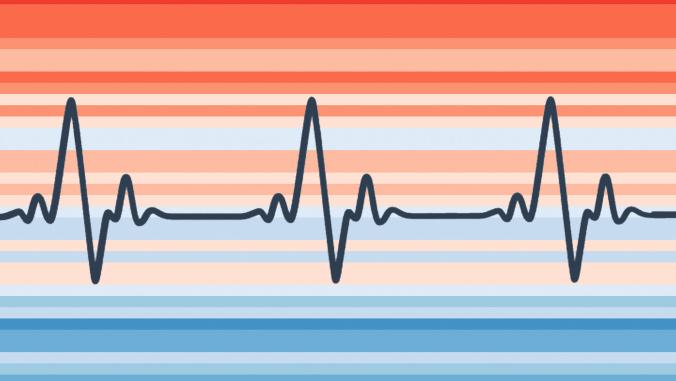Unity on Carbon Taxes?
Yesterday’s New York Times "Week in Review" section featured two unconnected but noteworthy essays that just might signal an opening for Team Obama. The subject was carbon taxes.

Yesterday’s New York Times “Week in Review” section featured two
unconnected but noteworthy essays that just might signal an opening for
Team Obama. The subject was carbon taxes.
First came columnist and green-economy advocate Thomas Friedman, whose regular column featured another in his regular calls for policy measures that have the potential to simultaneously address jobs, security, public health, U.S. competitiveness, and climate change -- or, as he dubbed it, "win-win-win-win-win." “I believe the second biggest decision Barack Obama has to make — the first is deciding the size of the stimulus — is whether to increase the federal gasoline tax or impose an economy-wide carbon tax,” he wrote, adding: “Obama is coming in with enormous popularity. This is his best window of opportunity to impose a gas tax. And he could make it painless: offset the gas tax by lowering payroll taxes, or phase it in over two years at 10 cents a month.”
Friedman went on:
Like Friedman, Inglis and Laffer argue for a carbon tax offset by an equal reduction in income taxes or payroll taxes. “We need to impose a tax on the thing we want less of (carbon dioxide) and reduce taxes on the things we want more of (income and jobs),” they write. “A carbon tax would attach the national security and environmental costs to carbon-based fuels like oil, causing the market to recognize the price of these negative externalities.”
The concept of carbon taxes offset by other tax reductions isn’t new. Al Gore proposed the idea more than two years ago. But if this is truly an idea that “conservatives could warm to,” and that Al Gore has blessed, it is well worth exploring.
First came columnist and green-economy advocate Thomas Friedman, whose regular column featured another in his regular calls for policy measures that have the potential to simultaneously address jobs, security, public health, U.S. competitiveness, and climate change -- or, as he dubbed it, "win-win-win-win-win." “I believe the second biggest decision Barack Obama has to make — the first is deciding the size of the stimulus — is whether to increase the federal gasoline tax or impose an economy-wide carbon tax,” he wrote, adding: “Obama is coming in with enormous popularity. This is his best window of opportunity to impose a gas tax. And he could make it painless: offset the gas tax by lowering payroll taxes, or phase it in over two years at 10 cents a month.”
Friedman went on:
There has to be a system that permanently changes consumer demand, which would permanently change what Detroit makes, which would attract more investment in battery technology to make electric cars, which would hugely help the expansion of the wind and solar industries — where the biggest drawback is the lack of batteries to store electrons when the wind isn’t blowing or the sun isn’t shining. A higher gas tax would drive all these systemic benefit.That column wasn’t unexpected; Friedman has been on a similar crusade for months. What was unexpected could be found on the following page, part of a package the Times ran with advice to the incoming president on a variety of issues. “An Emissions Plan Conservatives Could Warm To” was written by congressman Bob Inglis (Rep.-S.C.) and Arthur Laffer, a member of Ronald Reagan’s Economic Policy Advisory Board and creator of the Laffer Curve -- the theory that lowering taxes increases tax revenue that has been the basis for Republican economic policy the past quarter century.
Like Friedman, Inglis and Laffer argue for a carbon tax offset by an equal reduction in income taxes or payroll taxes. “We need to impose a tax on the thing we want less of (carbon dioxide) and reduce taxes on the things we want more of (income and jobs),” they write. “A carbon tax would attach the national security and environmental costs to carbon-based fuels like oil, causing the market to recognize the price of these negative externalities.”
The concept of carbon taxes offset by other tax reductions isn’t new. Al Gore proposed the idea more than two years ago. But if this is truly an idea that “conservatives could warm to,” and that Al Gore has blessed, it is well worth exploring.





